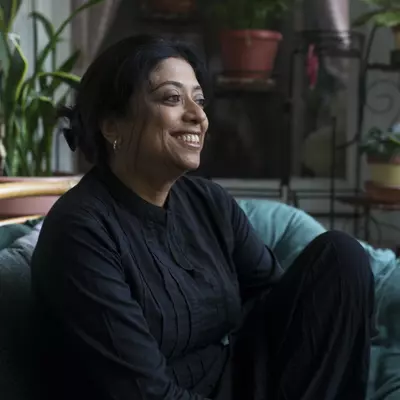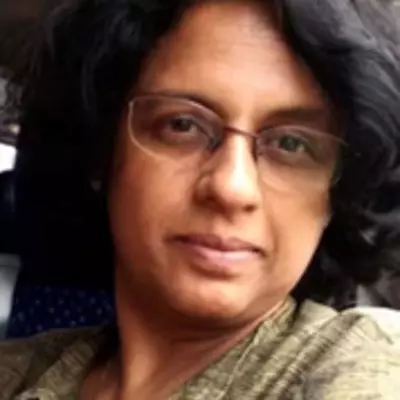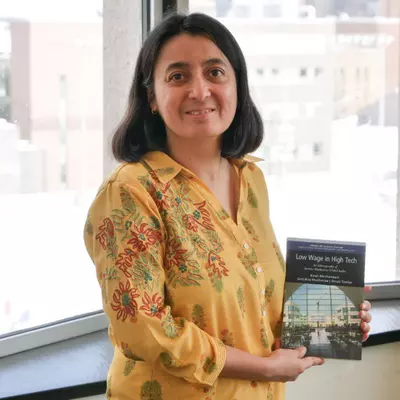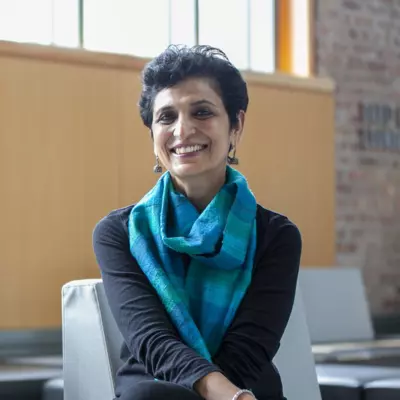
Perspectives on Feminist Political Economy and Gendered Labour in India (Part I)
October 13, 2023 | 10:00AM - 11:00AM
|
Online
This event was held on Zoom, Online Event
This was a two part series, focused on different perspectives on feminist political economy and gendered labour in India. The second discussion was held in November 2023.
ABOUT THE TALK
Feminist political economy focuses on the inextricable link between the spheres of production and reproduction which leads to the systemic gendering and racialization of work. Of particular significance is the notion of “social reproduction” which includes not only the domestic and care work which allows people to be fed, clothed and rested so they can perform their jobs, but also the emotional and aesthetic reproductive labour through which people maintain their material conditions and identities as workers. The gendered dimension of contemporary neoliberal accumulation also shapes new forms of exploitation and subordination of women’s labour and bodies within intimate relationships and widens fractures along caste, and religious lines. These ideas were explored through a two-part series based on ethnographic research.
The maintenance of the infrastructure of transnational firms in India requires the labour of low-wage service workers such as security guards, drivers and housekeepers. This talk highlighted the experiences of these workers who maintain India’s lavish multinational firms. These workers are required not only to learn new ways of working but also to transform their identities and embodied aesthetics. Workers receive training so they can develop what they call a “body personality” deemed appropriate for employment in transnational organizational spaces, while at the same time comprising an informal labour force with low wages, little job stability and weak employment relationships. Drawing on feminist political economy, the talk explored workers’ productive and reproductive labour as well as the caste-based, gendered stories of immobility and exclusion which underlies India's technology boom.
The talk drew on the authors’ recent book Low Wage in High Tech: An Ethnography of Service Workers in Global India (Oxford University Press).
ABOUT THE SPEAKERS
Sanjukta Mukherjee is an Associate Professor at the Department of Women’s and Gender Studies at DePaul University. Dr. Mukherjee's research and teaching interests lie at the intersection of feminist political economy, critical development studies and urban geographies with a focus on neoliberal globalization, transnational service work and social transformations centered on the politics of gender, class, caste, race and age in South Asia and its diaspora. She is co-author of Low Wage in High Tech: An Ethnography of Service Workers in Global India (Oxford University Press, 2020). Her research has been published in journals like Gender, Place and Culture, The Professional Geographer, International Migration Review and several anthologies and edited volumes.
Shruti Tambe is the Head, Department of Sociology, Center for Advanced Studies, and the Director, Euroculture, Savitribai Phule Pune University, Pune. Dr. Tambe's rearch interests include social movements, labour, Social Policy, Qualitative Social Research and Social Theory. Her most recent publication is 'Women Workers in Urban India'.
Kiran Mirchandani is a Professor at the Ontario Institute for Studies in Education at the University of Toronto. Dr. Mirchandani's research and teaching focuses on gendered and racialized processes in the workplace; critical perspectives on organizational development and learning; criminalization and welfare policy; and globalization and economic restructuring. Using qualitative, interpretive approaches, her work is based on qualitative interviews with transnational service workers in India and workers in precarious jobs in Canada.
(Moderator) Reena Kukreja is an Assistant Professor at the Department of Global Development Studies, Queens University. She is cross-appointed as Adjunct Assistant Professor in the Cultural Studies Program at Queen’s University. She is also Visiting Fellow at the International Migration Research Centre at the Balsillie School of International Affairs, Wilfrid Laurier University, Waterloo. Dr. Kukreja’s current research examines the intersections of xenophobia, Islamophobia, securitization of borders, and the politics of citizenship and migration in shaping hierarchies of masculinities and masculine identity formation among undocumented South Asian male migrants from Bangladesh, Pakistan, and India in Greece.
Sponsor: Centre for South Asian Studies, Asian Institute



